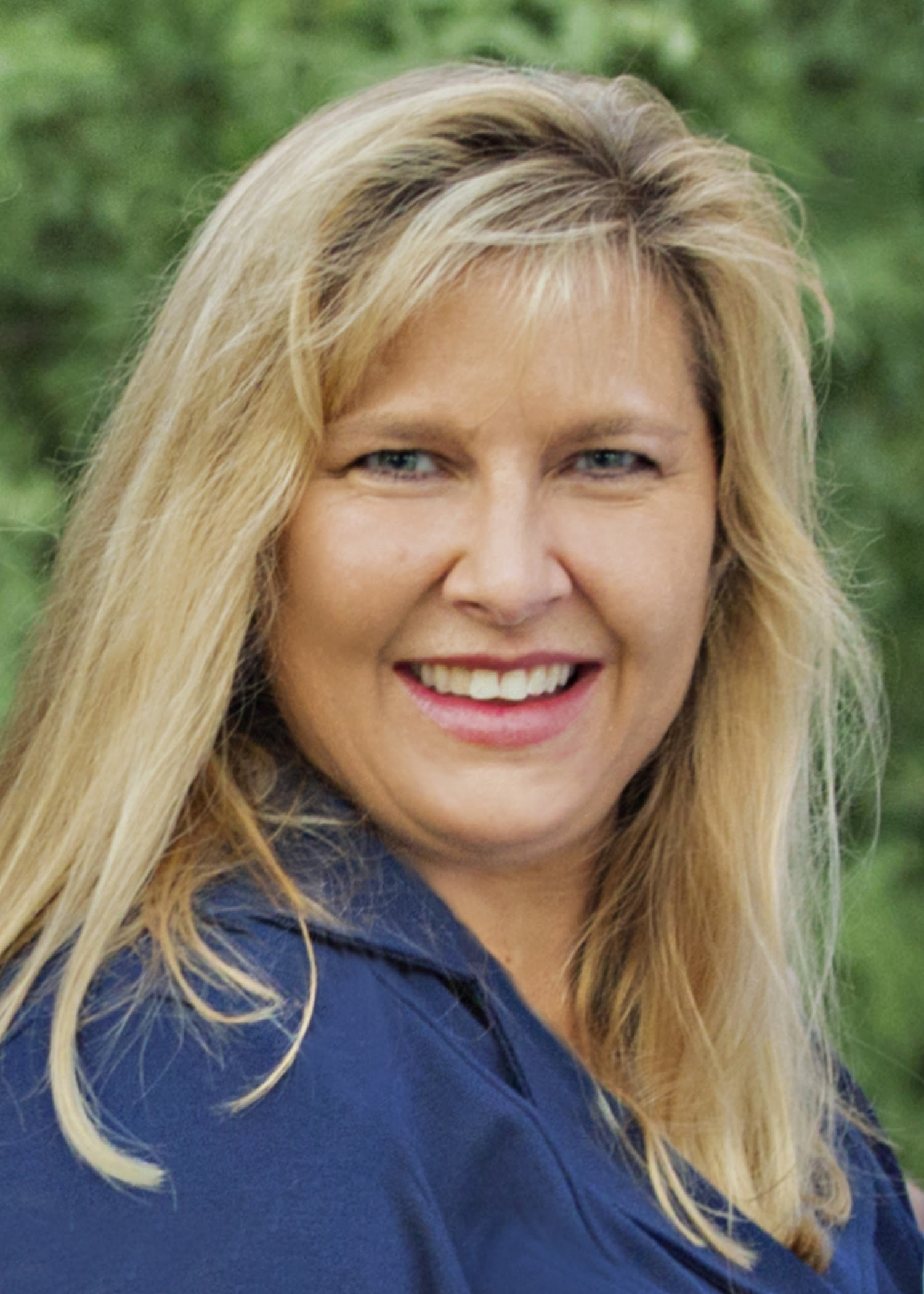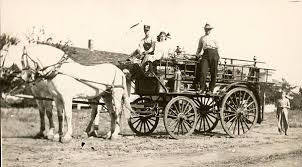
NEW FULL-TIME NANNY JOB WITH INFANT IN PHX, $15-$18/hr
44th St & Camelback: This amazing returning family of ours who are first time parents to a happy, healthy 9 month old baby girl are seeking a loving, reliable, committed, caring nanny with excellent infant experience to join their family and care for their daughter on a flexible, full-time basis. Mom currently works from home in her home office. The family is flexible with their schedule and can work around a nanny’s availability but ideally a M-F schedule of 8AM-4PM would work great. The nanny will be responsible for total and complete childcare responsibilities pertaining to the infant even when the parents are in the home. The nanny responsibilities will include the following; feeding, changing, putting the infant down for naps, going for walks, playing with age appropraite toys, reading books and working on developmetal activities. The family
will also need light housekeeping. The Dad works long hours and the Mom would love an extra hand around the household. Ideal candidate is someone who is focused on being engaging and interactive and who places an importance on educating their daughter and planning age-appropriate developmental activities as she grows. They are open to enrolling her in classes and having the nanny take her on outings and to activities. No Pets. Compensation: $15-$18/hr. (REF#PBPHX)



























